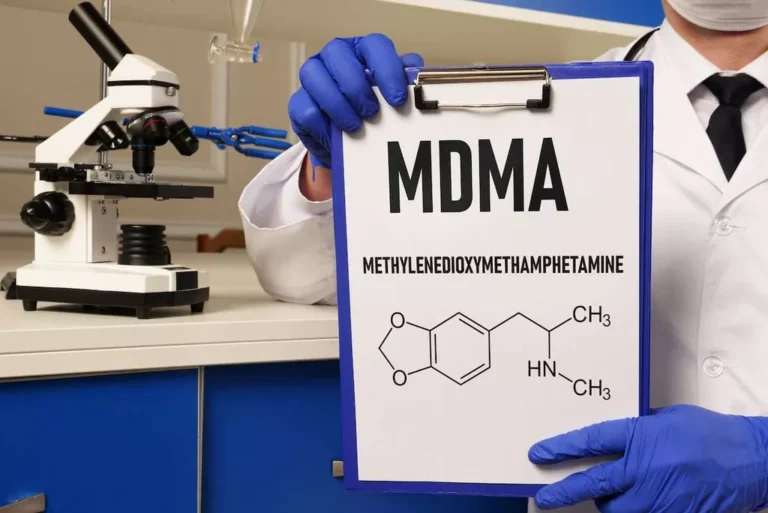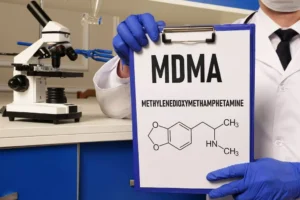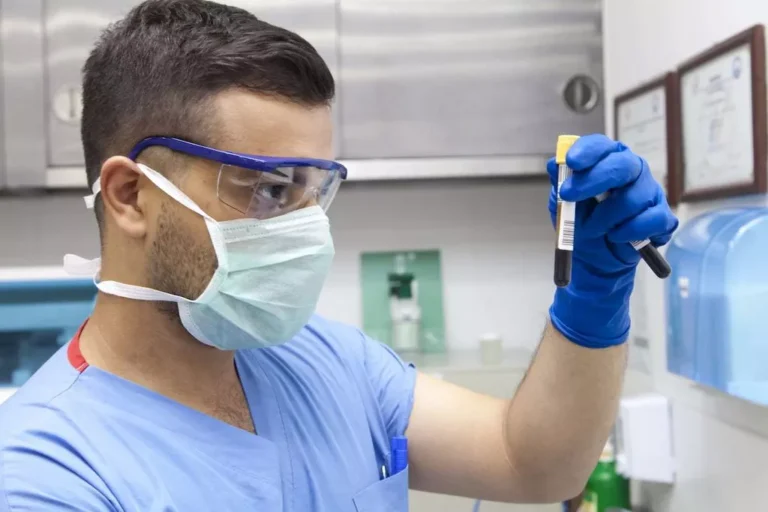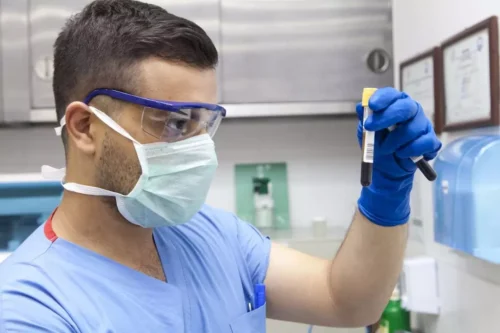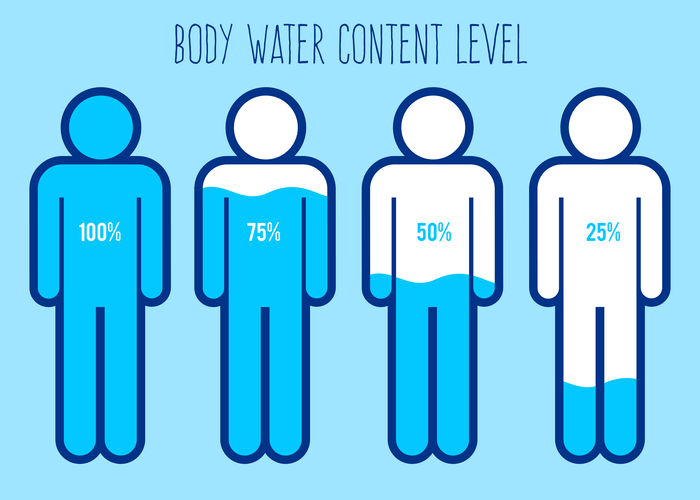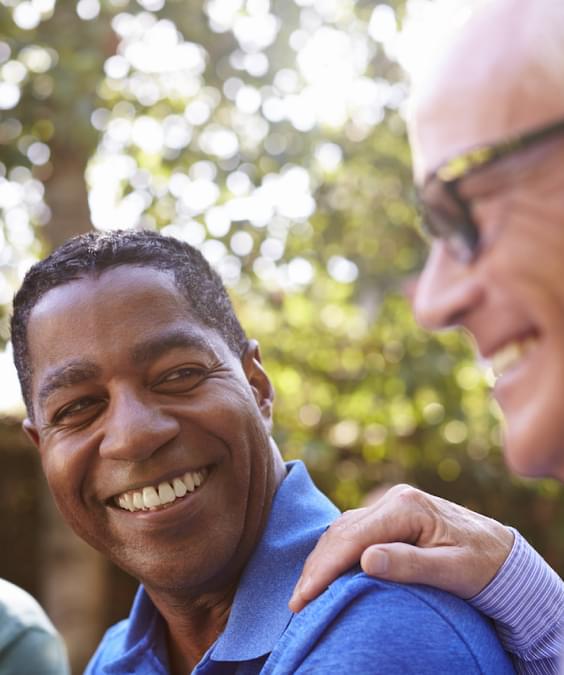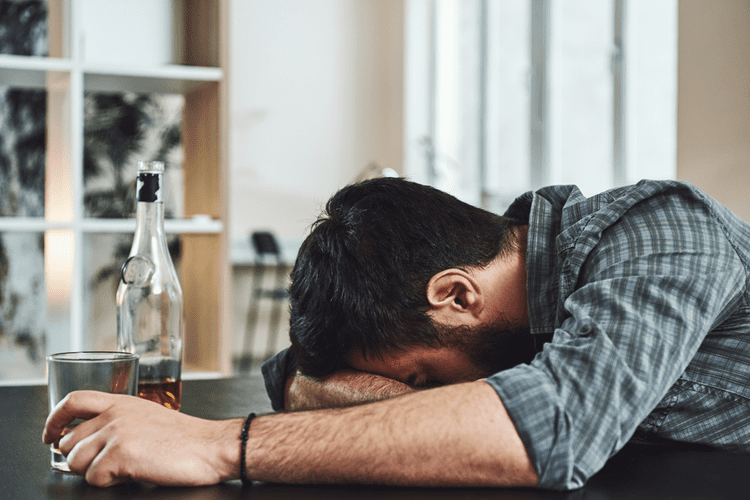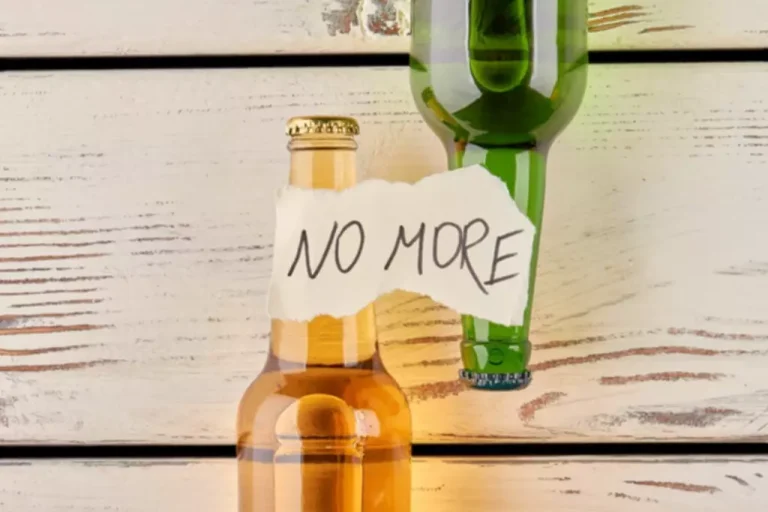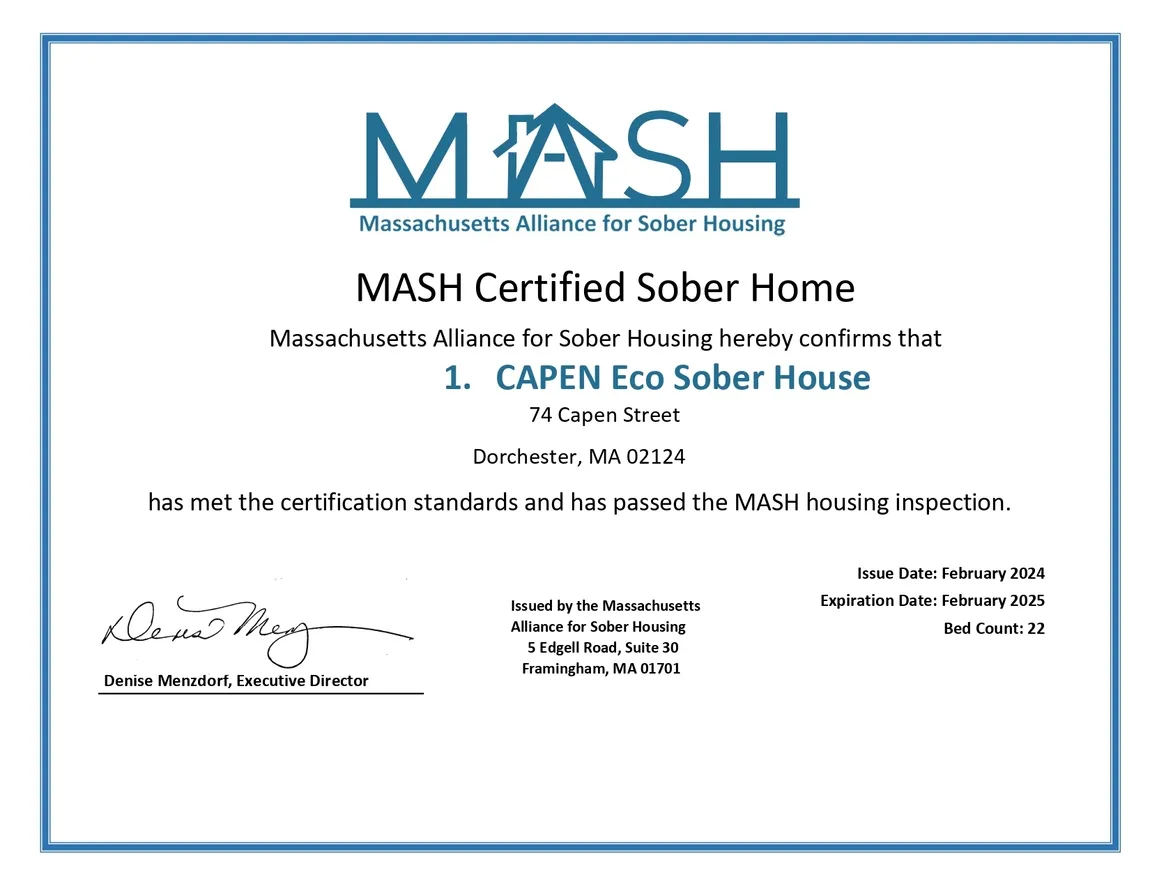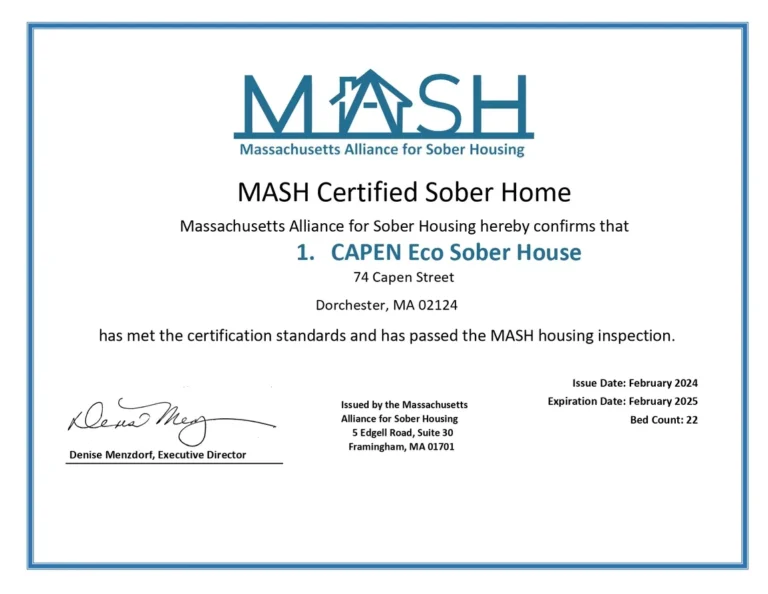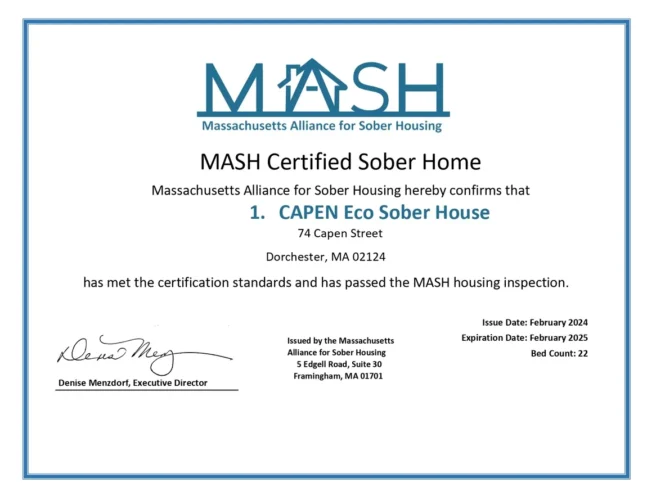
Beer and wines, meanwhile, tend to have lower alcohol content, though fortified wines like sherry and Madeira pack a kick at above 14.5% alcohol. Consuming alcohol leads to dehydration and can affect several systems and functions in the body. It is important for a person to be aware of the signs and symptoms of alcohol-induced dehydration and the ways to avoid it. Dehydration occurs when the body does not have sufficient amounts of fluid to function effectively.
You’re drinking on an empty stomach
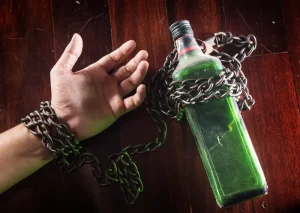
Excessive drinking can also lead to a buildup of a toxic substance called acetaldehyde. When your body can’t get rid of acetaldehyde quickly enough, you may experience your body getting rid of this substance the next morning (usually by vomiting) [5]. In other words, the alcohol alone in one standard drink can make your body produce a little less than does alcohol dehydrate you half a cup of pee. While it’s tempting to slurp down that iced mocha and think you’re properly hydrated, it’s not that easy. Factors like your medication, how much you sweat and if you’re sick can affect your levels of hydration. However, the amount you drink may make a difference, and some beverages may affect the perception of thirst differently.
If you or your child experience symptoms of severe dehydration, seek immediate medical attention.
To make your pizza less salty, swap out sodium-rich toppings like pepperoni, pancetta, and ham for more hydrating toppings like fresh vegetables. Energy drinks slow fluid absorption in the gastrointestinal tract and increase urination. This can be especially harmful to people at a greater risk of dehydration, such as people exercising in hot environments.
What to Do If You Are Dehydrated
- Anyone may become dehydrated, but the condition is especially dangerous for young children and older adults.
- Whew, that’s not how you meant to start the Thanksgiving festivities.
- Water also helps to lubricate certain parts of the body, such as the joints.
- You can combat dehydration by cutting back on foods high in added salt, like fast foods, chips, and pizza, and limiting your intake of alcohol and drinks very high in caffeine.
- You can also make a habit of drinking whenever you’re with people.
- Some of the most dehydrating drinks include sodas, fruit juices, sugar-sweetened drinks, caffeinated beverages, alcohol, and sports drinks.
Drink too many beers too quickly, and you’ll end up as dehydrated as you would taking a shot at the bar. “Drinking one beer over the course of a dinner will not increase your blood alcohol levels as much as if you drank four beers in the same time frame,” says Rumsey. Energy drinks are often high in caffeine and sugar, which stimulate increased urine production, cause fluid loss, and interfere with normal kidney function. Drinking alcohol dehydrates you, and consuming alcoholic beverages typically causes dehydration-related hangover symptoms, including headaches, low energy, a rapid heartbeat, dry mouth, and dizziness. However, the diuretic effects of caffeine ingestion appear to vary among individuals.
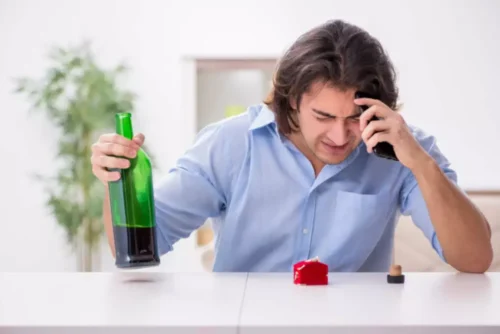
The sense of thirst is the body’s way of telling you that you are mildly dehydrated. Another symptom is darker https://ecosoberhouse.com/ urine (such as the color of apple juice). You can avoid dehydration by staying hydrated throughout the day.
- But a lot of times, you may think you’re getting enough water each day.
- As important as alcohol content may be, even more important is how much you drink in a given sitting.
- Although the kidneys remove waste products, most of the water loss is due to the effect of vasopressin.
- Again, given the data we have on caffeine’s diuretic effects, you would need to drink nearly five cups per day to experience its more serious impact on hydration.
A high-potassium electrolyte powder containing at least 1,000 milligrams of potassium can help counteract fluid loss caused by alcohol and reduce the risk of having a hangover. If you notice a dry mouth or other signs of dehydration, stop drinking alcohol and prioritize hydration. Without replenishing electrolytes, the body won’t be able to utilize the water you consume, leaving you dehydrated despite drinking plenty of fluids. Research published in Psychopharmacology found that alcohol suppresses the release of vasopressin, an antidiuretic hormone that regulates kidney function and urine production. You probably know dehydration as what happens to our bodies when we don’t take in enough fluids.


Severe dehydration is a medical emergency and needs to be treated immediately. The industrialization of farming and food sourcing has brought a lot of benefits to our world. We’re able to feed more people in significantly less time — and better prevent things like hunger, malnutrition, and food poverty. There are mixed opinions on whether exercise can help your body metabolize alcohol more rapidly (most likely, it can), but it’s worth a try and it’ll likely help you sober up. Carry mineral tablets or liquid mineral drops with you for emergencies.
- Electrolytes, especially sodium and potassium, facilitate the movement of water into and out of cells.
- Chronic heavy drinking can result in high blood pressure, which is a leading cause of kidney disease.
- Dehydration occurs when the body does not have sufficient amounts of fluid to function effectively.
- Your fluid losses may surpass your fluid intake which can increase the risk of becoming dehydrated.
- If you have had severe diarrhoea or vomiting, you may also need to replace the salts, minerals, and sugars you may have lost along with the fluids.
- It’s normal to lose water from your body every day by sweating, breathing, peeing, pooping, and through tears and saliva (spit).
- But once you introduce alcohol into your system, you urinate more, and the mechanism that normally prevents excessive urination—anti-diuretic hormone—is inhibited, which can lead to dehydration.
Cucumbers, celery, lettuce, watermelon, strawberries, and tomatoes are loaded with water but also contain fibre, vitamins and minerals. Another way to make hydration more enjoyable is by investing in a nice water bottle. If you enjoy using it, you’re more likely to keep it beside you and take regular sips. Staying hydrated is important for your overall health and wellbeing. This is because a properly hydrated body helps oxygen and nutrients get where they are needed. Water also helps to lubricate certain parts of the body, such as the joints.
Drink responsibly
Although a lot of caffeine can trigger the body to make more pee than normal (diuresis), which can lead to dehydration, a moderate intake (4-5 cups of tea or coffee a day) should be fine for most people. Most soda products contain sugar and caffeine, which trigger fluid loss, and drinking only soda and no water can lead to dehydration. However, it’s best to avoid pre-mixed electrolyte sports drinks with added sugar and instead use a sugar-free electrolyte powder to replenish electrolytes and avoid dehydration.
Regular and Diet Sodas
Hydration is the process of ensuring the body has enough water. Drinks that may result in dehydration can include alcoholic, caffeinated, and sugary beverages. A spiked cider for the holidays probably won’t do too much to dehydrate you — but it could be a completely different story with hard liquor like whiskey, brandy, and vodka. Some can be tricky — like high-quality wines with a higher alcohol by volume than low-quality wines. There’s less air pressure, so alcohol enters your bloodstream even more rapidly.
